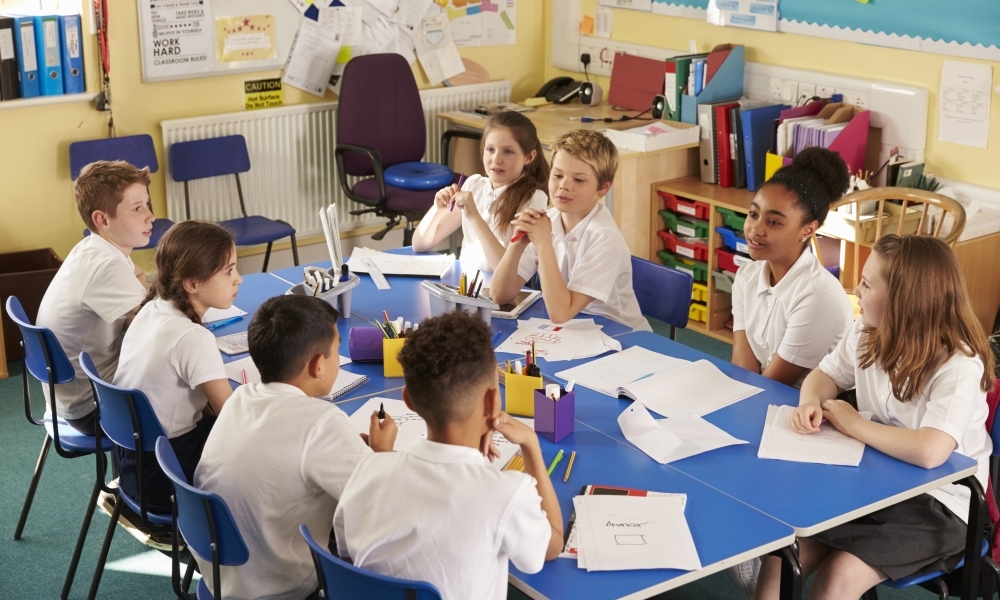When it comes to preparing students for life and work, considerable progress has been made in defining 21st Century skills, but curriculum implementation is the next hurdle.
That was one of the messages to come out of the first webinar revisiting the ‘big five’ education challenges facing Australian schools, as outlined by Teacher columnist Professor Geoff Masters AO in an influential series published six years ago.
Hosted by the Australian Council for Educational Research (ACER), the special webinar series – The Big Five Challenges in Education in a Changed World – brings together researchers, practitioners and policymakers to discuss the progress made and the next steps.
On the topic of 21st Century skills, as Professor Masters highlighted in his recent article introducing the series: ‘Identifying the knowledge, skills and attributes required for successful participation in modern life, and then teaching them in the most effective way, are ongoing challenges.’
Discover reports ACER Senior Research Fellow Dr Claire Scoular told the webinar audience one of the biggest advancements made in the last six years has been in deepening our understanding of the skills and how they can be developed. ‘That’s been through a process of hypothesising what the skills look like in a detailed way and then trying to validate that through the process of gaining assessment data and using expert judgement.’
Identifying the next challenge, University of Melbourne Professorial Fellow Dr Esther Care said: ‘If you think about maths or about literacy, you have a curriculum and most teachers would understand that there’s an inherent sequence in how students accumulate knowledge and skills in those two areas. So where are the guidelines for 21st century skills? What can we realistically expect of a 7-year-old versus a 15-year-old in terms of their creative capacities or their critical thinking?’
Each of the webinars includes a Q&A session with the experts. Asked if the teaching of these skills would increase the workload for educators, Scoular said the feedback from teachers is that they’re already doing a lot of the aspects, but haven’t necessarily made the connections explicit. ‘There’s a harmony that can be met so that we’re not just adding on another layer of curriculum which is all about skills, but indeed blending these into existing practice and curriculum topics.’
Read the full article: Integrating 21st century skills across the curriculum, published in ACER's Discover https://www.acer.org/au/discover/.
The first two webinars in the series are now available to watch on YouTube:
- Equipping students for the 21st century: Big Five Challenges in Education in a Changed World
- Reducing disparities between Australian schools: Big Five Challenges in Education in a Changed World
In the next webinar, Dr Sue Thomson – ACER Deputy CEO (Research), and manager of PISA in Australia – is joined by The Smith Family's Head of Research and Advocacy Anne Hampshire and Victorian secondary teacher Steven Kolber to look at Australia's 'long tail' of underachievement. Click on the link below for more details and to register:
- Wednesday 24 Mar, 4pm (AEDT): Reducing the ‘long tail’ of underachievement
- Wednesday 5 May, 4pm: Getting all children off to the best start in life
- Wednesday 19 May, 4pm: Raising the professional status of teaching
Think about your own classroom. How do you measure student success when it comes to skills like collaboration, creative thinking and critical thinking? Do you and your students understand the skills and how they progress?



